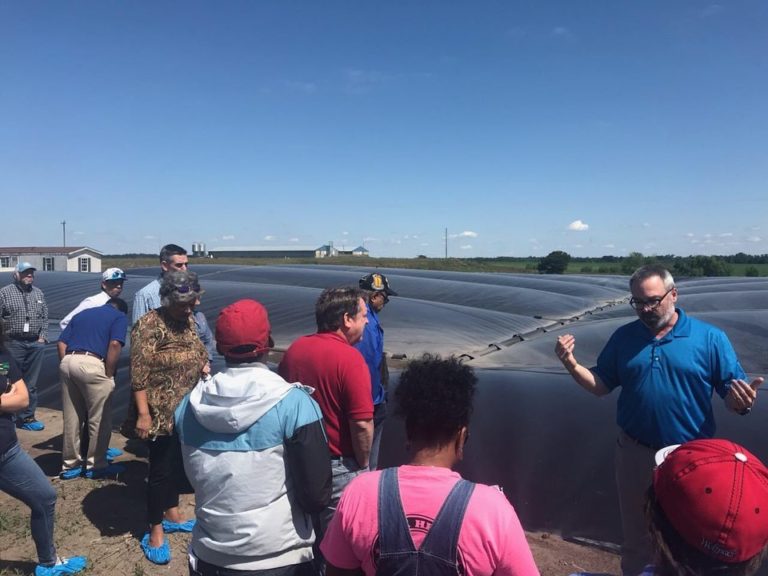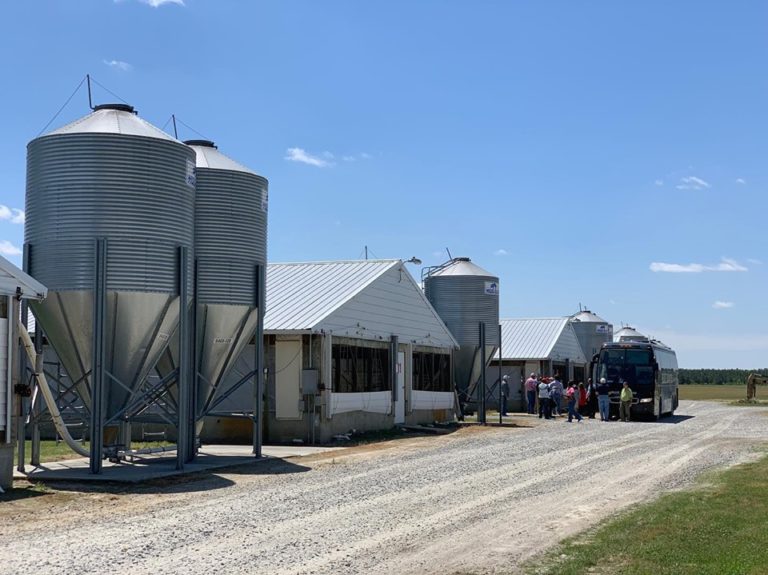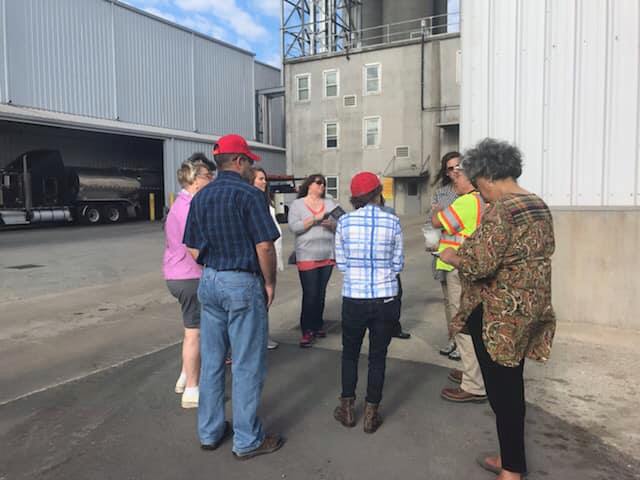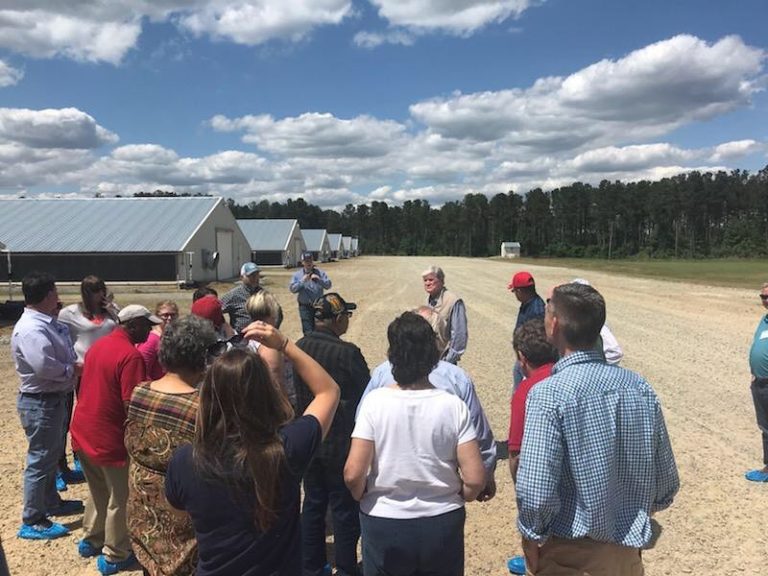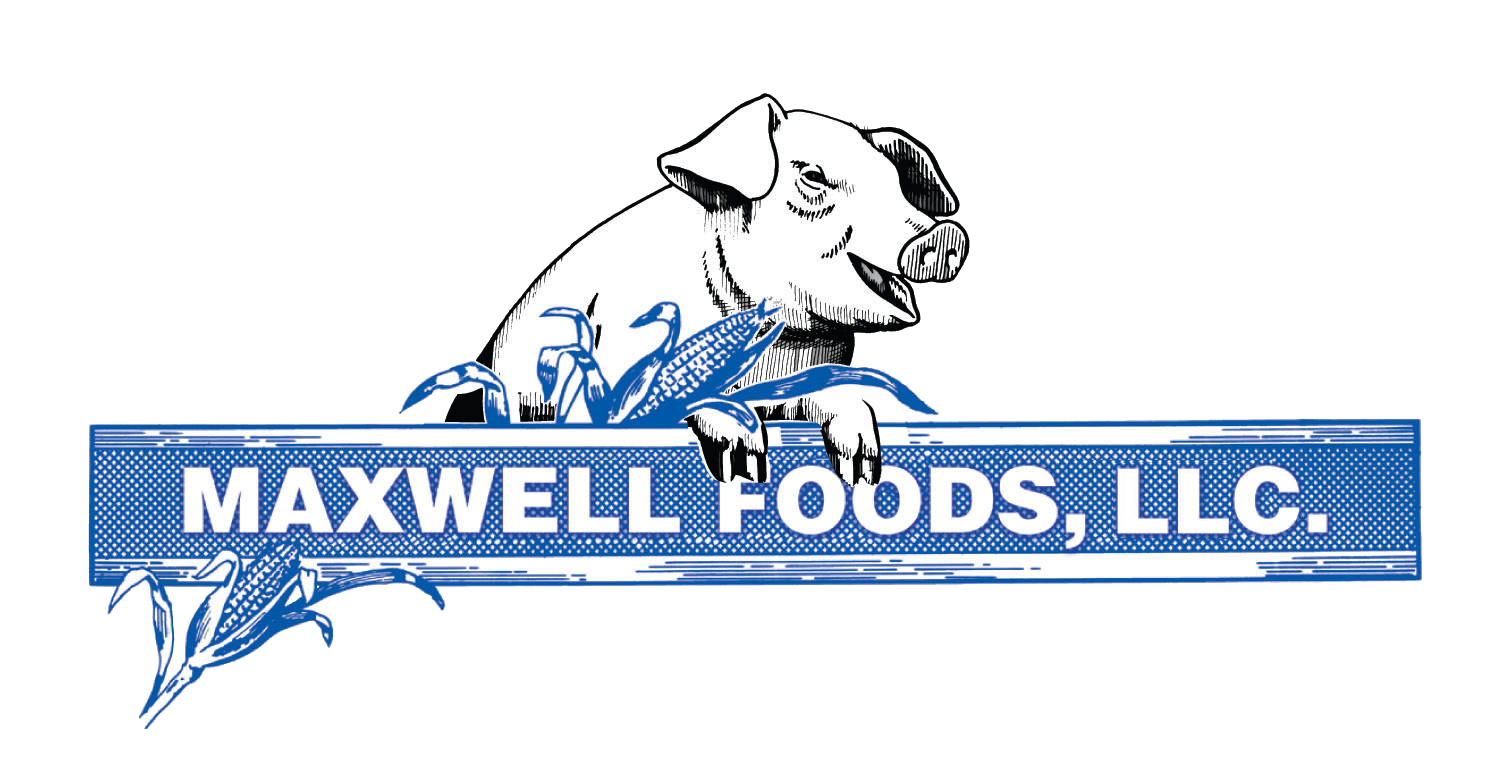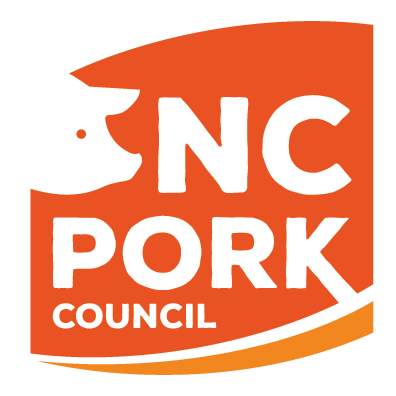Disrespecting Farmers and All of Duplin County
When I was growing up, cartoons were supposed to be funny and entertaining. Now, they are just mean-spirited and insulting.
Earlier this week, Capitol Broadcasting, the Raleigh company that owns WRAL-TV and a host of other television, radio and digital media outlets, published an editorial cartoon that suggests picking up the NC General Assembly and moving it to Duplin County.
The message: Let’s send legislators to the worst possible place in North Carolina we can imagine. The cartoon shows pigs, chickens and turkeys next to the legislative building, which is seemingly surrounded by waste, flies and odor.
I’m offended. And everyone else who calls Duplin County home should be offended about the way our community was wrongly portrayed.
Who wants to bet that the person who drew that cartoon has never set foot on a Duplin County farm?
If he had, he would know that our farms are well regulated and well maintained. He would know that our family farmers take pride in their farms and treat our land with respect. He would know that most of our farmers live on their farms and raise their children and grandchildren here.
Duplin County is home to beautiful countryside and fine, upstanding people who care deeply about their community.
But let’s not let truth get in the way of taking a good jab at the legislature — and a disgraceful shot at everyone who lives in Duplin County.
In making recent proposals to relocate DMV headquarters to Rocky Mount and DHHS headquarters to Granville County, the legislature has adopted a bold strategy: moving certain state offices to rural communities outside of Raleigh, where real estate is much more affordable and the demand for good jobs is high.
Fortunately, Duplin County is benefiting tremendously from its agricultural roots. The pork and poultry industries have created good jobs here and contributed significant tax dollars to our local economy. That, in turn, has helped improve our local schools and services.
I’m proud to call Duplin County home, and I’m proud to bring people here to show them what life on our farms is truly like. I would hate to imagine our community without the valuable contributions of North Carolina’s family farmers. Thank you for all that you do.
-Chad Herring– Executive Director, NC Farm Families
A first-hand look at our farms
An important part of the work we do at NC Farm Families is educating people about our farms. There are so many people in our state who have never set foot on a farm and don’t have any first-hand knowledge of the role our farmers play in feeding our nation and fueling our economy.
One way we’re working to change that is inviting people to spend a day in eastern North Carolina touring our farms and facilities.
NC Farm Families recently had the opportunity to spend the day with more than two dozen state legislators. It included first-term legislators and politician veterans from both sides of the aisle. They came from Raleigh, and Charlotte, and Greensboro, and points in between from across the state.
The tour began at a feed mill in Warsaw, then moved on to turkey farms, hog farms, and a renewable energy project that is now turning hog waste into natural gas.
Along the way, the legislators had the opportunity to have real conversations with our family farmers. They had a chance to peek inside barns, stand next to lagoons, and see for themselves what it is like to live and work on a North Carolina farm.
We are so grateful to each and every one of the legislators who took time out of their busy schedule to join us, to Rep. Jimmy Dixon for helping organize the tour, and to the individual farmers who graciously opened their farms to visitors.
We believe there is no better way to showcase the importance of North Carolina’s family farms than to let people see them for themselves.
Perception vs Reality: How did college students’ perceptions change after visiting a hog farm?
As the divide between rural and urban communities becomes more pronounced, there are fewer people in North Carolina who know what it’s like to actually live around a farm. That’s one reason we wish the courts would have allowed juries to visit the farms being targeted in lawsuits — we know that when people visit a farm in person and get an up-close look at how it operates, they come away with a more favorable impression.
As for those who rely solely on media reports to inform their perception of hog farms… well, there’s no telling what they might think.
NC Farm Families recently invited a group of students from Mount Olive University to visit a hog farm in Duplin County and learn more about how our treatment lagoons work. It seemed like a good opportunity to see how perceptions change after visiting a hog farm, so we asked each student to complete a short survey before and after their visit.
UMO students walk the perimeter of a lagoon.
The results were telling:
Nearly 75% of the students had a more favorable impression of hog farms and treatment lagoons after their visit. The other students’ perceptions remained the same.
When we asked students to rate the odor near the lagoons on a scale of 1-10 (with 10 being the strongest), they expected the odor to rank as a 6.6 before their visit. After the visit, they rated the odor next to the lagoon as a 2.5. Nearly two-thirds of them rated the odor as very faint (1 or 2).
An even higher percentage of students — nearly 75% — rated the odor on the farm in general as very faint (1 or 2). Perhaps that is why none of the students who visited said they would consider this particular hog farm a nuisance.
When we asked what surprised them most about their visit to the farm, many students focused on the lack of odor:
“Hog farms are much cleaner and safer than the media portrays.”
“The odor was not bad.”
“It smelled a lot less than I imagined… The media makes them seem terrible when they are actually well maintained and regulated.”
Our experience with these students reinforces what we’ve always known: When people actually visit a family farm and see how it operates, they are impressed with our farms and the dedicated people who run them.
Perceptions of hog farms changed after the students visited the farm
Farmkeepers Blog
The Farmkeepers is the official blog of NC Farm Families. It is here that words will flow, our voice will be heard, a stand will be made, and the farm families of North Carolina will be protected. In these posts, we'll set the record straight. You'll see the faces of the families who feed us. Here, you'll receive all the updates and news. It is here that we will fight for farmers and be the keepers of the farm in NC. We hope you'll join us. Follow along on social media and by joining our email list.




